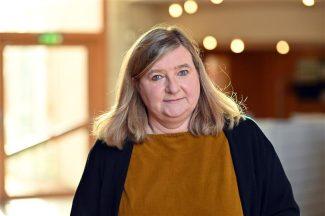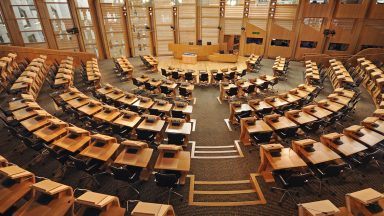The Bank of England has kept interest rates in the UK at 5.25% – ending a run of 14 consecutive rises.
The move means they remain at the highest level since February 2008.
It comes after lower-than-expected inflation figures which some analysts thought would give the bank more leeway in their decision-making.
Inflation hit 6.7% in August, down from 6.8% in July, and significantly lower than the 7.1% that had been expected.
Rising rates mean some borrowing, such as mortgages, becomes more expensive while interest paid on savings should also increase.
Previous rises were designed to tackle inflation which remains at historically high levels.
Interest rates have been rising since December 2021.
Officials still left the door open to further rises in the future, promising to “take the decisions necessary” to return inflation to normal levels.
It is the first time since November 2021 that the Monetary Policy Committee (MPC) has met without deciding to raise interest rates.
Since then, the base rate was increased in 14 consecutive meetings, taking it from 0.1% to 5.25% as the Bank attempted to put a lid on runaway inflation.
Many had expected this week’s meeting to bring the 15th straight rise, and it almost did. Four of the nine-person MPC voted to raise rates to 5.5%.
The MPC also downgraded its forecast for the UK’s economy on Thursday. It now expects gross domestic product (GDP) to rise just 0.1% in the third quarter of this year, compared with the 0.4% rise it forecast in August.
“Inflation has fallen a lot in recent months, and we think it will continue to do so,” said Bank Governor Andrew Bailey, who voted to keep the rate unchanged.
“That’s welcome news. But there is no room for complacency. We need to be sure inflation returns to normal and we continue to take the decisions necessary to do just that.”
Follow STV News on WhatsApp
Scan the QR code on your mobile device for all the latest news from around the country
























